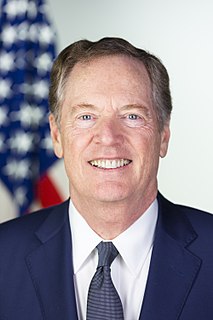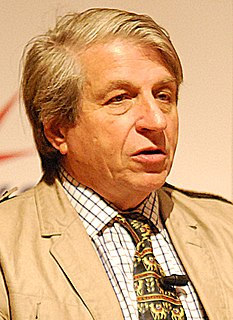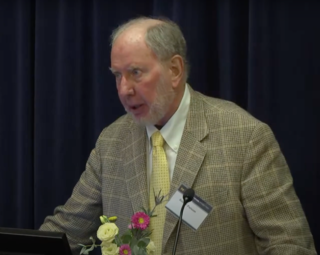A Quote by Clayton Christensen
Capitalism has taught us that markets are always more efficient than hierarchical managerial coordination. But in a situation where those three conditions aren't met, I can't outsource or partner with you because markets don't function in the absence of sufficient information.
Related Quotes
It's important to recognize the vital role that the financial markets play in our economy and that so many of you are contributing to. To function effectively those markets and the men and women who shape them have to command trust and confidence, because we all rely on the market's transparency and integrity. So even if it may not be 100 percent true, if the perception is that somehow the game is rigged, that should be a problem for all of us, and we have to be willing to make that absolutely clear.
In certain circumstances, financial markets can affect the so-called fundamentals which they are supposed to reflect. When that happens, markets enter into a state of dynamic disequilibrium and behave quite differently from what would be considered normal by the theory of efficient markets. Such boom/bust sequences do not arise very often, but when they do, they can be very disruptive, exactly because they affect the fundamentals of the economy.
A society that relies on generalized reciprocity is more efficient than a distrustful society, for the same reason that money is more efficient than barter. Trust lubricates social life. Networks of civic engagement also facilitate coordination and communication and amplify information about the trustworthiness of other individuals.
People think what's in the US today is capitalism. It's not even close to capitalism. Capitalism doesn't have a central bank, capitalism doesn't have taxes, it doesn't have regulations; capitalism is just voluntary transactions. What they have in the US today I call crapitalism. But it's sad that so many people are confused and they think, 'Oh that's free markets in the US', when it's one of the least free market countries on earth.

































